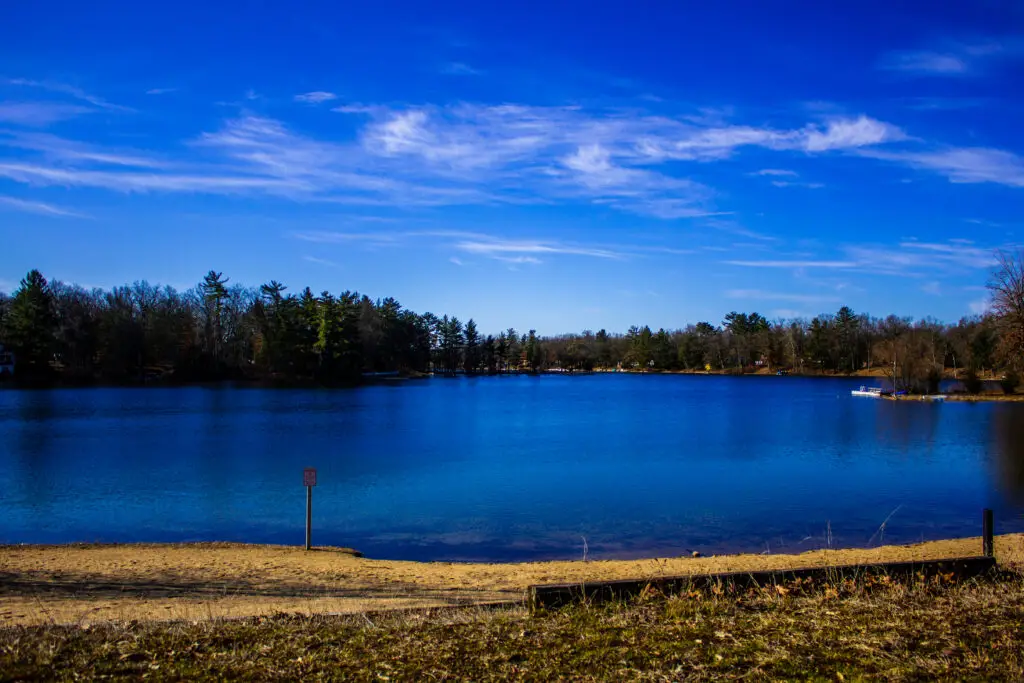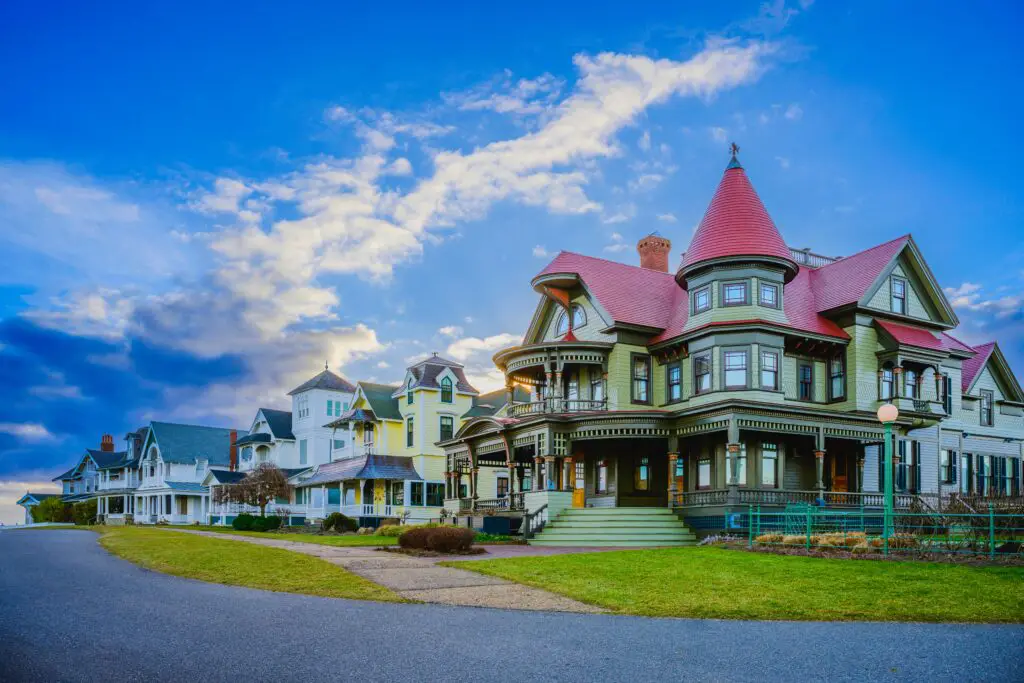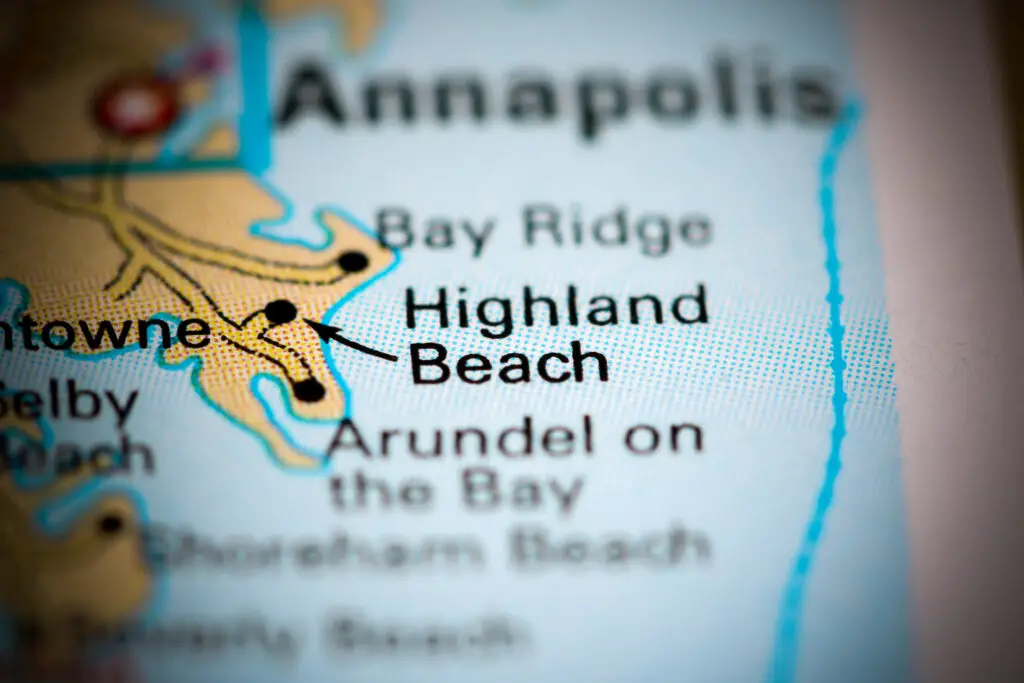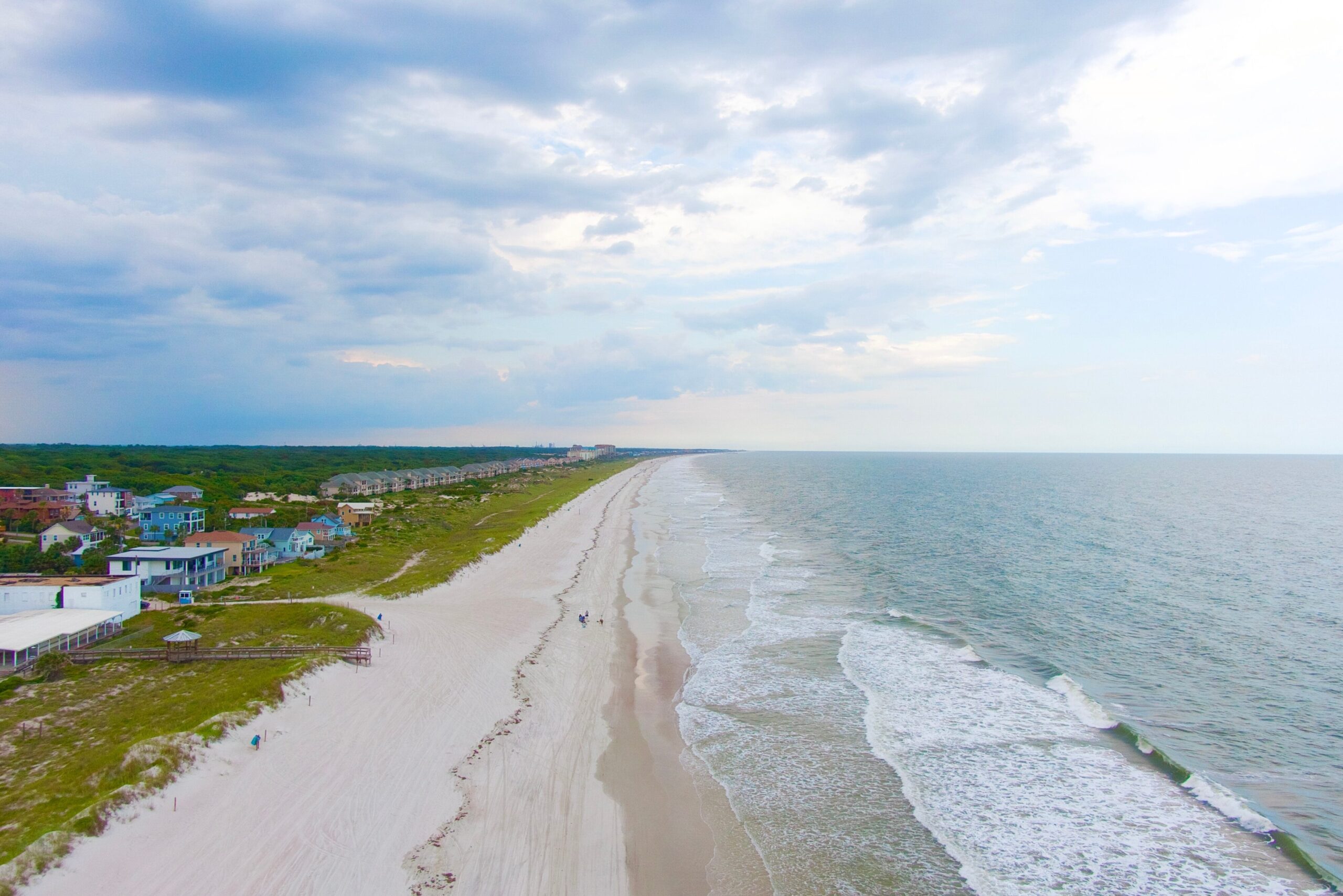1. Idlewild, Michigan – The “Black Eden” of the Midwest

Imagine a place where Duke Ellington played to packed dance halls, where prominent Black professionals sipped cocktails by the lake, and where families built summer homes in a community free from segregation’s grip. That was Idlewild, Michigan. Established in the early 1900s, this resort town became a sanctuary for Black travelers who were turned away from white-only vacation spots. Stretching over 2,700 acres and surrounding Idlewild Lake, it was a haven of leisure, culture, and opportunity. During its peak from the ‘20s through the ‘60s, Idlewild was a buzzing hotspot for entertainers like Aretha Franklin, Della Reese, and Sammy Davis Jr. The clubs and lodges were always full, hosting elegant galas, spirited jazz performances, and summer retreats for some of the most influential Black professionals of the time. It wasn’t just about entertainment, though—Idlewild also served as a networking hub where Black doctors, lawyers, and entrepreneurs could connect and relax says Fox 2 Detroit.
But like many historic Black resorts, Idlewild’s golden years came to an end after the Civil Rights Act of 1964. While integration was a victory for equality, it also meant that Black travelers had more options, and many turned to previously restricted destinations. As a result, Idlewild’s popularity declined, and by the ‘70s, much of its vibrant nightlife had faded. Today, efforts to revitalize the town are underway, with historical preservation projects and community-led initiatives hoping to restore some of its former charm. Though the bustling clubs are gone, the town still holds echoes of its past, with vintage lodges and cottages serving as reminders of its storied history. Visitors can explore the Idlewild Historic and Cultural Center or simply take in the peaceful lake that once reflected the lights of a thriving Black oasis.
2. Oak Bluffs, Massachusetts – The Seaside Retreat for Black Elites

Nestled on Martha’s Vineyard, Oak Bluffs has long been a retreat for Black vacationers seeking ocean breezes and a taste of exclusivity. Unlike many other resorts of its era, Oak Bluffs didn’t originate out of necessity due to segregation; instead, it naturally evolved into a beloved enclave for affluent Black families. By the late 1800s, Black visitors were purchasing homes along its scenic coastline, and by the early 1900s, it was a premier destination for the Black elite. Generations of doctors, politicians, and artists have spent summers here, enjoying its picturesque gingerbread cottages, private beaches, and upscale social scene. The Inkwell Beach, named by Black swimmers who found solace there, became an iconic spot for relaxation and connection shares Oprah Daily.
Even as other historic Black resorts struggled post-integration, Oak Bluffs remained a sought-after escape. To this day, families return year after year, maintaining long-standing traditions and strengthening a legacy that stretches back over a century. Prominent figures like Henry Louis Gates Jr. and Barack Obama have vacationed here, keeping the town’s reputation alive as a cultural landmark. The African American Heritage Trail on the island pays tribute to the town’s rich history, ensuring that its stories continue to be told. Unlike some of the other historic Black resorts that have faded, Oak Bluffs has managed to thrive, offering a rare continuity in Black luxury travel.
3. Highland Beach, Maryland – Founded by Frederick Douglass’s Family

When Charles Douglass, son of famed abolitionist Frederick Douglass, purchased land along the Chesapeake Bay in 1893, he had a vision: a seaside sanctuary where Black families could vacation freely. That vision became Highland Beach, the first Black-owned beach resort in the U.S. What set it apart was that, from its very inception, it was a place of empowerment. Douglass and his wife built a home there, and it soon attracted notable Black intellectuals and leaders, including Booker T. Washington and Paul Laurence Dunbar says Capital Gazette. Unlike many other resorts where Black travelers were confined to certain sections, Highland Beach was theirs entirely—it was a self-sufficient, sophisticated retreat where they could enjoy leisure without limitations.
Though small in size, Highland Beach left an indelible mark on Black history. Over the decades, it evolved into a residential community, with families passing down homes through generations. Today, it remains an exclusive, historically significant neighborhood, with just over 100 homes lining its quiet shores. While modern development has changed its landscape, the heart of its founding mission—providing a safe and welcoming retreat—remains intact. The Frederick Douglass Museum and Cultural Center now stands in the home Douglass’s family built, ensuring that the history of this unique community isn’t forgotten.
4. American Beach, Florida – A Coastal Escape with Deep Roots

American Beach, located on Amelia Island, Florida, was founded in 1935 by Abraham Lincoln Lewis, Florida’s first Black millionaire. At a time when Black travelers were banned from many coastal resorts, Lewis envisioned a beachside paradise where they could enjoy the ocean without restrictions. It quickly became a vacation hot spot, drawing families, business owners, and artists to its pristine shores. The motto was simple: “Recreation and Relaxation Without Humiliation.” The beach became a cultural hub, with bustling nightclubs, seaside picnics, and grand summer homes owned by successful Black entrepreneurs. It was not just a place to unwind—it was a symbol of possibility says News4JAX.
The Civil Rights Movement and the end of segregation brought challenges to American Beach, as Black travelers were no longer limited in their choices. Over time, many of the grand hotels and clubs shuttered, and the once-thriving destination faced decline. However, thanks to the dedication of preservationists like MaVynee Betsch, known as “The Beach Lady,” efforts to protect and restore American Beach have kept its legacy alive. Today, the area is home to the American Beach Museum, which tells the story of its remarkable past. Though the crowds have thinned, the spirit of the community endures, with families still gathering for reunions and celebrations in the very place that once stood as a beacon of Black excellence and freedom.
